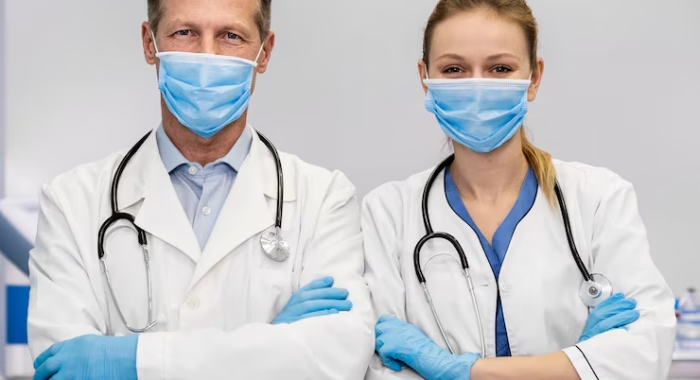One of the most important aspects of medical education is the transition from theory in the classroom to real-world clinical practice in real healthcare settings. MBBS students in Georgia found the adjustment to be both stimulating and disciplined. As a result, students obtain a thorough education in order to be ready for a global medical career. The best medical schools in Georgia emphasize practical training heavily as an essential component of their courses to guarantee that graduates have the skills and knowledge required to succeed in clinical settings. These are a some of the Georgian MBBS programs’ options for receiving hands-on training.
1. Initial Experience with Clinical Practice
Georgia’s best medical universities include early clinical exposure in their MBBS curricula. Students can now apply theoretical concepts to real-world medical care. In Georgia, MBBS students often begin their practicum in their second or third year of study. Students commence their clinical rotations at the teaching hospitals affiliated with the universities. Early exposure aids in Georgian MBBS students’ deeper understanding of the human body, diagnosing techniques, and patient relations.
2. Specialized Divisions’ Clinical Residency Programs
To establish a strong foundation for their medical education, Georgia’s MBBS students receive clinical rotations in a variety of medical specialties. Among other specialties covered are internal medicine, surgery, pediatrics, and obstetrics and gynecology. During these rotations, students receive hands-on training from experienced medical professionals in patient diagnosis and treatment. By taking part in clinical training across departments, students are able to learn about a variety of medical specialties and decide which ones they may want to pursue in the future.
3. Cutting-Edge Teaching Hospitals
Most Georgian medical schools are affiliated with modern teaching hospitals that provide their students with state-of-the-art learning conditions. With access to state-of-the-art medical technologies, diagnostic tools, and treatment methods, these modern facilities give Georgian MBBS students the tools they need to practice in a range of international healthcare settings. Students have the opportunity to refine their skills and establish a strong foundation in medical practice, which will allow them to experience medicine internationally, in addition to learning about cutting edge medical technologies.
4. Ability to Interact and Communicate with Patients
Practical education allows students to interact with patients on a significant level. For medical students, this is one of the most crucial learning stages. In addition to teaching students how to perform physical examinations, obtain patient histories, and effectively and compassionately communicate complex medical information, it helps students build key communication skills. Students develop their confidence and ability to relate to people from different backgrounds through this one-on-one interaction with patients.
5. Surgical and Procedure-Related Practical Training
For those interested in pursuing surgical specializations, the Top Medical Universities in Georgia offer thorough, hands-on training in surgical methods. Students who want to gain insight into the subtleties of operating room protocol are urged to help more experienced doctors during surgeries. Furthermore, a large percentage of the curriculum consists of procedural training, which guarantees that students understand basic medical operations like suturing wounds, administering injections, and collecting blood.


